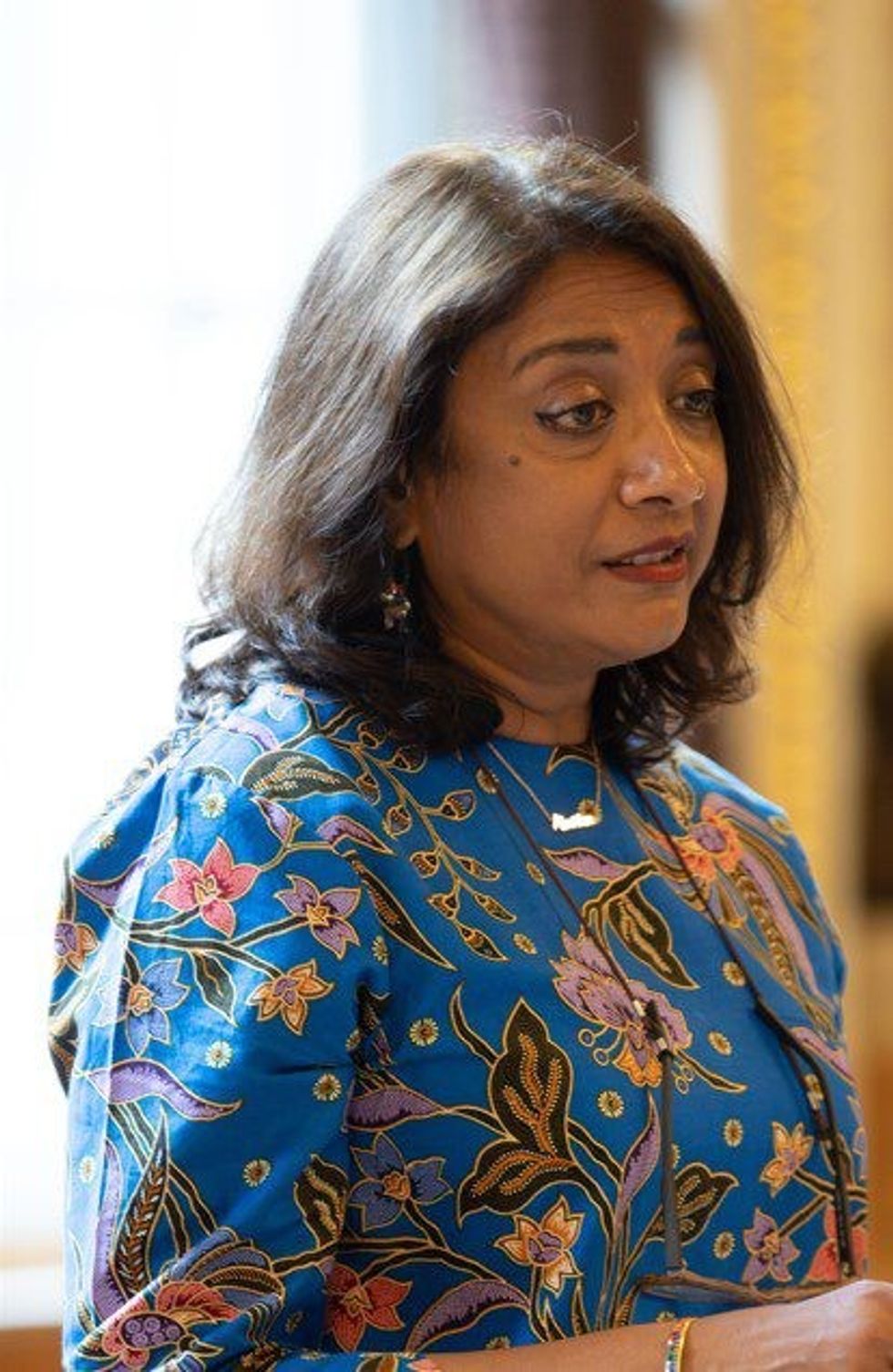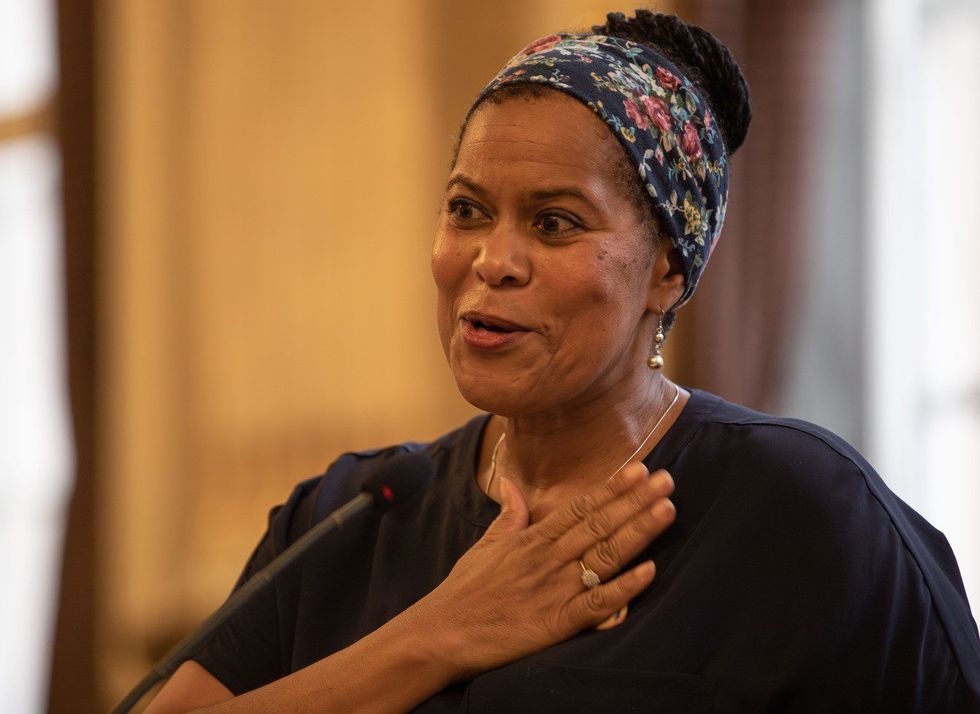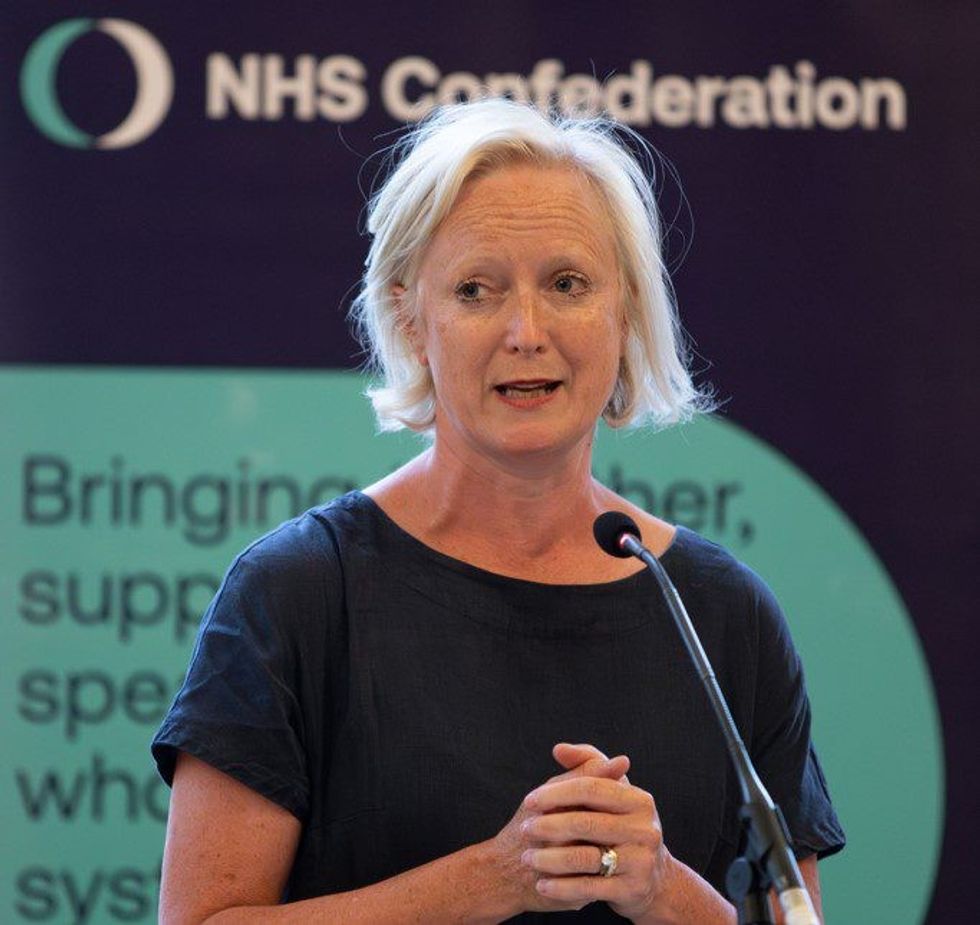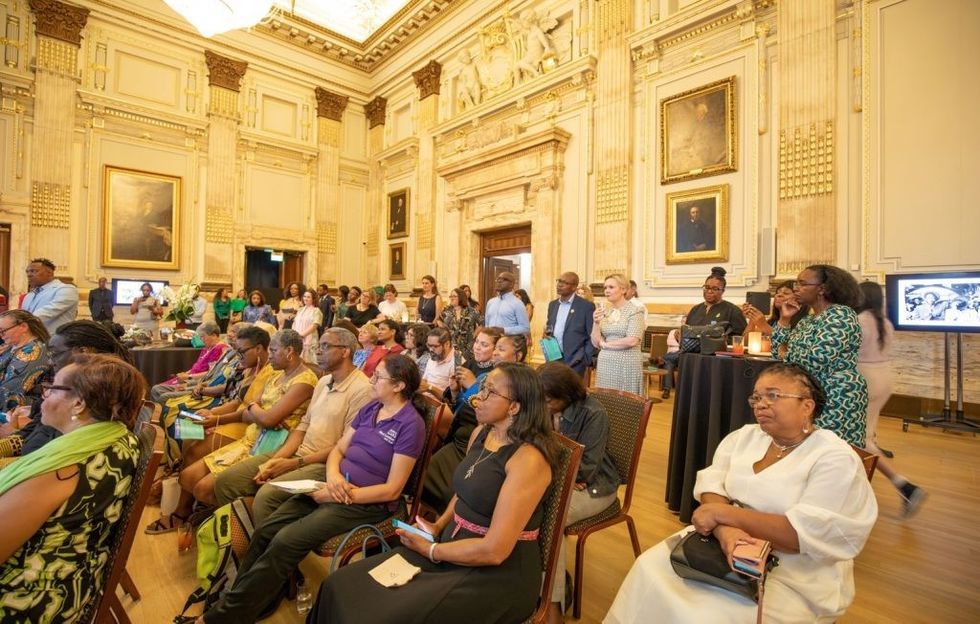THE Windrush generation helped build the NHS in the face of prejudice and systemic racism, issues that still exist today, health leaders said, as they called for “robust action” to address inequalities.
Senior leaders of the NHS attended an event in London last Thursday (22) to celebrate the 75-year contribution of the Windrush generation and their descendants to the NHS.
Director of the NHS Race and Health Observatory, Dr Habib Naqvi, said, “In 1948, three things were true. The country was in upheaval (after the second world war). It was grappling with the reality of health inequalities. It was looking to resolve the national workforce crisis through recruiting from overseas. Some things don’t change – 75 years later, we’re still working on those three challenges.”
On June 22, 1948, HMT Empire Windrush arrived in the UK, carrying more than 1,000 passengers from the West Indies. This was the first wave of post war immigration with many of the passengers taking up roles in the NHS, which launched just two weeks later.
Many among the early black and ethnic minorities working in the NHS and in British society faced overt racism, discrimination and public outcry and were not always made to feel welcome.
More than seven decades on, the NHS workforce is today more diverse than at any other point in its history, a report by the NHS Workforce Race Equality Standard in February said.
Black and minority ethnic (BAME) staff make up almost a quarter of the workforce overall (24.2 per cent or 383,706 staff) – an increase of 27,500 people since 2021. Analysis also shows more than two fifths (42 per cent) of doctors, dentists, and consultants, and almost a third (29.2 per cent) of our nurses, midwives, and health visitors are from BAME backgrounds.

Dr Navina Evans, NHS England chief workforce officer, spoke of her pride at the impact of ethnic minorities on the NHS, but also conceded to being “tinged with sadness” at the struggles of some.
“Our colleagues face discrimination daily, unequal opportunities for progression, bullying, harassment, from our fellow colleagues, from people we care for, from people we serve. This is not fair, and it is not right,” she said.
“We continue to really struggle to address it. Nobody will say it’s okay, everybody says it’s wrong, and yet, it’s so hard to address. We make some progress, then we go backwards.
“The lesson we can learn from the Windrush generation is we have to keep trying. We have to pick ourselves up to move forward.”
Earlier this month, NHS England published its first ever equality, diversity and inclusion (EDI) improvement plan in an attempt to enhance patient experience and further support staff.
The new plan includes six ‘high impact actions’ aimed at tackling inequalities.
“There are some very specific targeted actions we can take collectively,” said Evans. “One is aimed at our leaders, some clear expectations to take the lead in tackling health inequalities of our staff. Our health inequalities among staff reflect the health inequalities of our population.
“The other is that we are continuing to recruit from all over the world. We are dependent on our brothers and sisters, our friends, our family, who come from all over the world, like they did all those years ago with Windrush to continue to make the NHS work and to serve, and we don’t treat these people well.
“Accountability is all of our responsibility. I hope my colleagues across the organisations of the NHS will help out with this plan and we’ll ask each other, and they will ask our leaders, ‘what are we doing to deliver what it says in those plans?’.
“These are really tangible actions which we must deliver. As one of the largest employers in the country, we have such an amazing opportunity to lead the way in building equitable, inclusive workplace environments across our country.”
One of the actions requires NHS trusts and systems to draw up plans to improve the diversity of their executive and senior leadership teams over the next 12 months and evidence progress against them by the summer of 2025.

The lack of representation in senior leadership roles in the NHS was seen as an example of inequality within the sector.
Ethnic minority staff make up 15 per cent of people in managerial level positions, and 11.3 per cent in senior managerial level positions.
Just over half of senior ethnic minority leaders have considered leaving the NHS due to experiencing workplace racism, a recent survey by the NHS Confederation found. Another study showed a quarter of BAME non-executive directors of NHS trusts have seen or experienced discrimination in the course of their work.
While almost four out of five (79 per cent) said they challenged such behaviour when they encountered it, only half (50 per cent) said that led to a change of policy or behaviour. The other half felt they had been ‘fobbed off’ or subjected to actively hostile behaviour for having spoken up.
“The NHS is where it is largely because of the efforts of black people. One in five staff working with NHS are black,” said Lord Victor Adebowale, chair of the NHS Confederation.
“Despite what we’ve given to the NHS, I can’t say a black nurse has an equal chance of being chief of nursing as a white nurse. Not true. I can’t even say that a pregnant black woman has an equal chance of surviving a pregnancy as a white woman. I can’t.
“If Windrush means anything, it means that leadership is about leading everyone from everywhere, all the time. And at the current moment, the NHS is far too interested in leading some people somewhere, some of the time,” said Lord Adebowale.
“The future is about population health. You can’t have population health that isn’t equitable, and you can’t have equitable health that doesn’t counter racism in its leadership, in its clinical practice, in its recovery practice, in its community practice, in its public health practice.
“We have to fight for it. It’s a future worth fighting for.”
In February, Michelle Cox, 55, a senior nurse from Liverpool, accused the NHS England of ‘institutional racism’ after winning a landmark discrimination claim against her boss.
An employment tribunal concluded that Cox was harassed and victimised “because of her race” when she challenged decisions and “blew the whistle” on manager Gill Paxton, the former head of Continuing Healthcare (CHC) in the North at NHS England.
The judge found evidence of possible “subconscious discrimination”, with one example being that Paxton made a reference to Cox “eating bananas” when trying to make a point about meeting notes.

Speaking at the Windrush event, Dame Ruth May, the chief nursing officer for England, apologised for what Cox had been through and stressed that a collective effort was needed so other ethnic minority staff face similar discrimination and bullying.
“The national nursing and midwifery council worked with NHS England and NHS Confederation to produce the antiracism resource for NHS nursing and midwifery professionals,” said Dame May. “However, we don’t always get it right. We didn’t get it right with Michelle Cox. We let her down, and we and I am sorry for that. We’ve all got to think about how individually and collectively we combat racism.
“Our NHS workforce represents more than 200 nationalities and our internationally educating nurses and midwives are very much welcome, as they were then, as they are now and as they will be in the future.
“Thirty per cent of nurses are from the global majority (ethnic minority) and in London, it would be 50 per cent that are from the global majority. They are an integral part of our workforce. Therefore, work on combating racism is vital within my profession.”






















 Damian Talbot
Damian Talbot